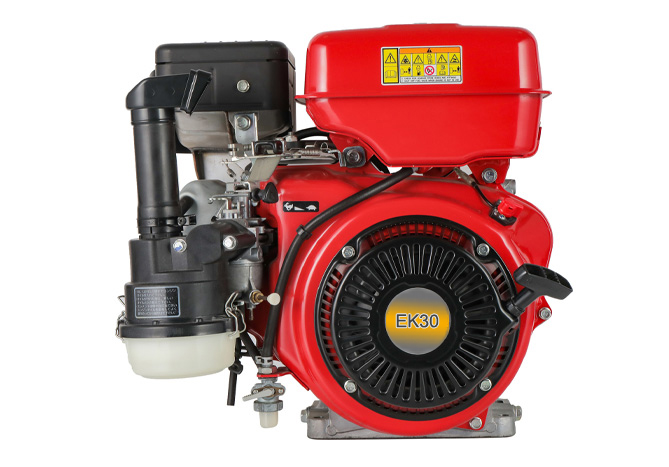In the ever-evolving automotive industry, the demand for spare parts for gasoline engines continues to grow as drivers seek to maintain and enhance the performance of their vehicles. Recent advancements in spare parts technology have focused on improving both performance and sustainability, reflecting a broader shift towards greener and more efficient driving solutions.

1. Enhanced Performance:
One of the key areas of innovation in spare parts for gasoline engines is the development of high-performance components designed to optimize engine efficiency and power output. Manufacturers are leveraging advanced materials and engineering techniques to produce parts such as pistons, camshafts, and fuel injectors that offer improved performance and durability.
2. Sustainable Materials:
In addition to performance enhancements, there is a growing emphasis on sustainability in the development of spare parts for gasoline engines. Manufacturers are increasingly turning to eco-friendly materials and production processes to reduce the environmental impact of their products. This includes the use of recycled materials, bio-based polymers, and energy-efficient manufacturing methods.
3. Compatibility and Adaptability:
As automotive technology continues to evolve, there is a need for spare parts that are compatible with a wide range of vehicle makes and models. Manufacturers are investing in research and development to ensure that their spare parts are versatile and adaptable, allowing them to meet the needs of an increasingly diverse automotive market.
4. Digital Integration:
Another emerging trend in spare parts for gasoline engines is the integration of digital technology. Manufacturers are incorporating sensors, data analytics, and connectivity features into their parts to provide real-time performance monitoring and diagnostics. This allows drivers to identify issues early and take proactive measures to prevent costly repairs.
5. Improved Efficiency:
Efficiency is a key consideration in the design of spare parts for gasoline engines. Manufacturers are developing components that minimize friction, reduce energy consumption, and optimize fuel efficiency. This not only helps drivers save money on fuel costs but also reduces emissions and environmental impact.
6. Quality Assurance:
As with any automotive component, quality is paramount when it comes to spare parts for gasoline engines. Manufacturers are implementing rigorous testing and quality control processes to ensure that their parts meet the highest standards of performance, reliability, and safety. This includes comprehensive durability testing, material analysis, and adherence to industry standards and regulations.
In conclusion, the development of spare parts for gasoline engines is undergoing a period of rapid innovation and transformation. From performance enhancements to sustainability initiatives, manufacturers are leveraging the latest technologies and materials to meet the evolving needs of drivers while reducing environmental impact. As the automotive industry continues to evolve, spare parts will play a crucial role in driving efficiency, performance, and sustainability for gasoline-powered vehicles.
 English
English



